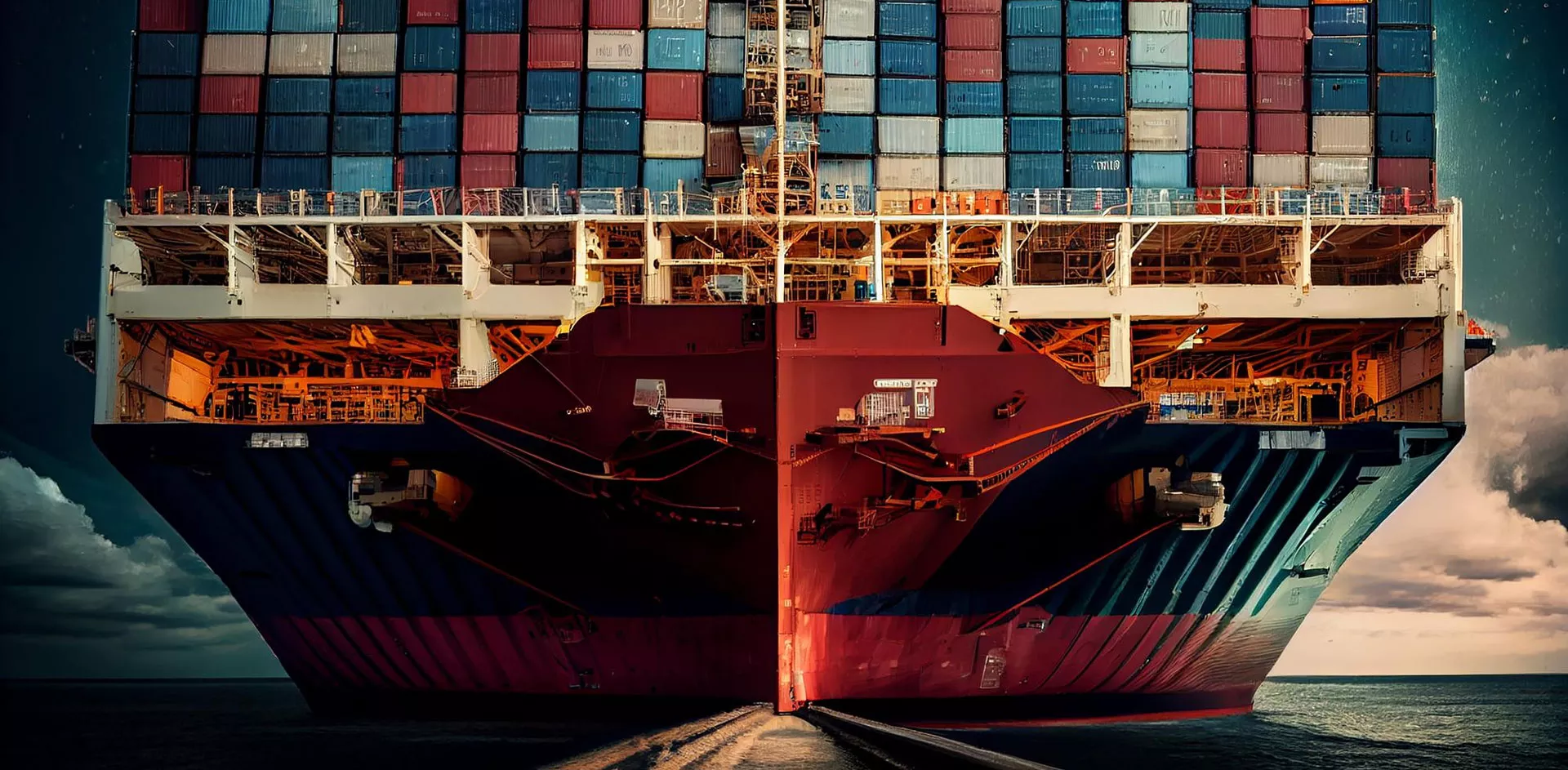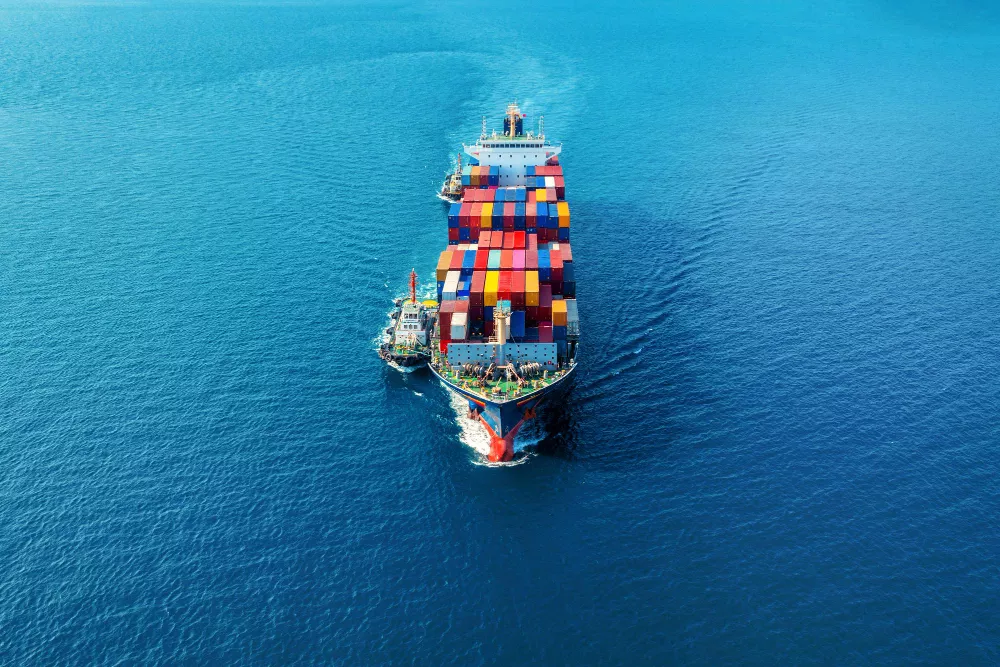The Ship Transportation
To Your
Better



The Ship Transportation: A Vital Component of Global Trade
Ship transportation, often referred to as the backbone of global trade, plays a pivotal role in the movement of goods and commodities across the world. This industry connects nations, fosters economic growth, and supports a diverse range of businesses.
Ships come in various sizes and types, from massive container vessels to specialized tankers and cargo carriers. They can navigate oceans, seas, and rivers, offering a versatile means of transportation. The efficiency of ships in carrying large quantities of cargo is unmatched. Container ships, for instance, can transport thousands of standardized containers, ensuring cost-effectiveness and reliability.
The global economy heavily relies on ship transportation to import and export goods. The vast majority of the world's goods, including raw materials, consumer products, and energy resources, are transported via ships. This vital industry provides jobs for millions and contributes to the GDP of many nations.
Moreover, ships are environmentally efficient when compared to other modes of transportation. Technological advancements have led to the development of eco-friendly vessels and propulsion systems, reducing emissions and the industry's carbon footprint.
Despite its many advantages, the shipping industry faces challenges, such as piracy, adverse weather conditions, and geopolitical tensions. However, these challenges have led to innovations in security measures, navigational technology, and international cooperation.
In conclusion, ship transportation is an indispensable part of the global economy, connecting nations and supporting businesses. It ensures the movement of goods on a vast scale, all while becoming increasingly sustainable. The industry's resilience and adaptability ensure its continued importance in the future of global trade.

